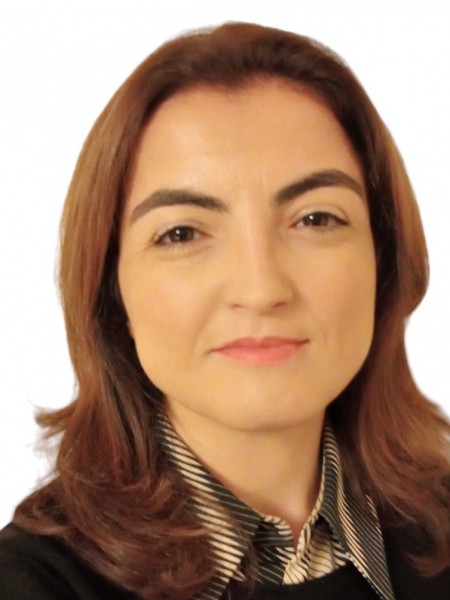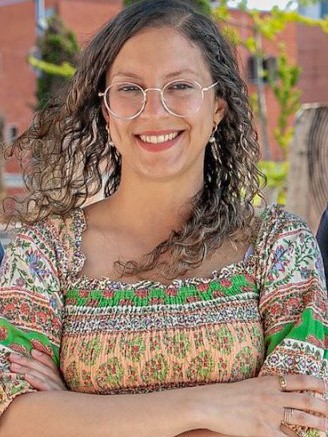resumo
The discharge of effluents containing organic dyes extensively used in the industry is a matter of concern because these pollutants can cause harmful effects in the environment and human health. In this work, magnetic iron oxide nanoparticles coated with kappa-carrageenan/silica organic/inorganic hybrid shells were synthesized and used as novel adsorbents for the magnetically assisted removal of methylene blue (MB) from water. The kinetics of adsorption was well predicted using the pseudo-second-order equation. These hybrid materials exhibited high adsorption capacity (530 mg/g maximum) that could be ascribed to surfaces enriched with ester sulfate groups due to extensive grafting of kappa-carrageenan over the siliceous domains by using a new surface modification method. The sorbents were long-term colloidal stable and could be easily regenerated after rinsing with KCl aqueous solution. The MB removal efficiency over six consecutive adsorption/desorption cycles was above 97%, which demonstrates the reusability potential and robustness of these hybrid sorbents. This is a new type of adsorbent that promises extensive application in the removal of organic dyes from wastewaters using magnetic separation technologies.
palavras-chave
METHYLENE-BLUE; AQUEOUS-SOLUTION; MESOPOROUS SILICA; ACTIVATED CARBON; WASTE-WATER; NANOPARTICLES; ADSORPTION; NANOCOMPOSITE; PARTICLES; SORBENTS
categoria
Environmental Sciences & Ecology; Meteorology & Atmospheric Sciences; Water Resources
autores
Soares, SF; Simoes, TR; Trindade, T; Daniel-da-Silva, AL
nossos autores
Projectos
agradecimentos
This work was developed in the scope of the project CICECO-Aveiro Institute of Materials, POCI-01-0145-FEDER-007679 (FCT Ref. UID/CTM/50011/2013), financed by national funds through the FCT/MEC, and when appropriate co-financed by the European Regional Development Fund (FEDER) under the PT2020 Partnership Agreement. Funding to the projects PTDC/CTM-NAN/120668/2010 and IF/00405/2014/CP1222/CT0007 by FEDER through COMPETE and by national funds through FCT is acknowledged. The authors thank the RNME (National Electronic Microscopy Network) for microscopy facilities. A. L. D.-d.-S. acknowledges FCT for the research contract under the Program 'Investigador FCT' 2014.




